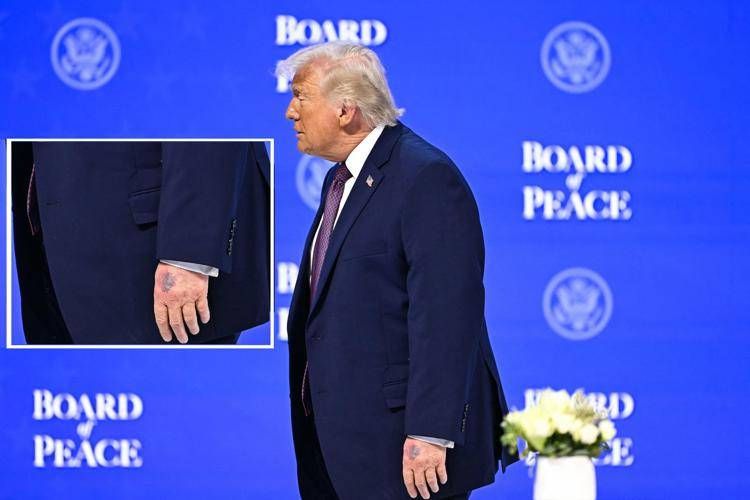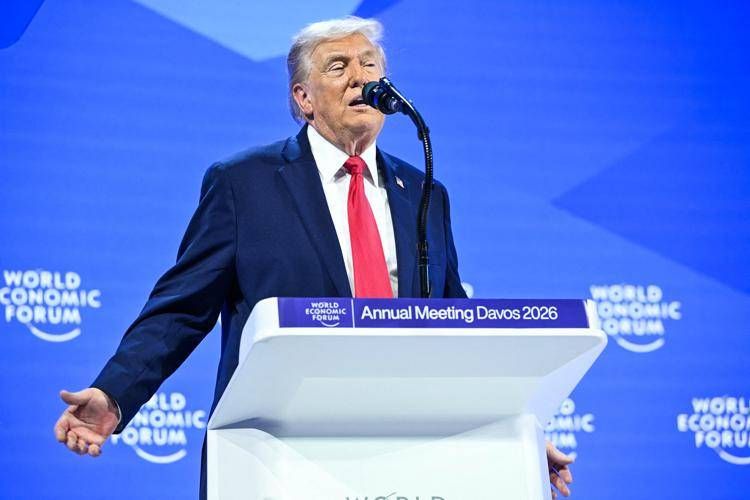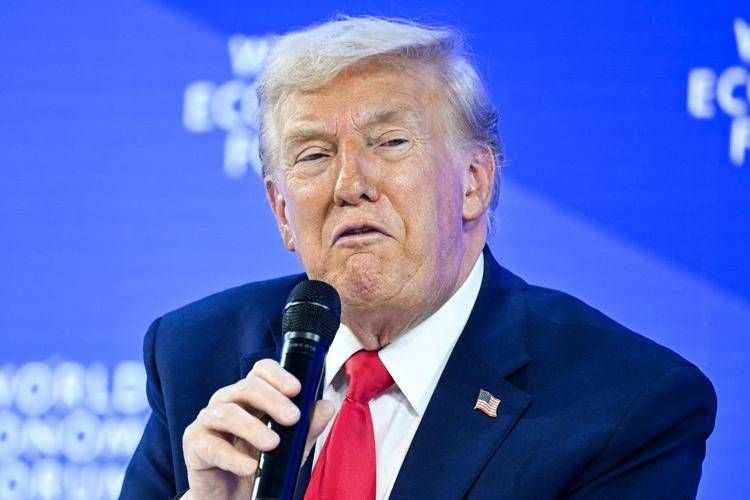
‘Ukraine today, Taiwan tomorrow’: the parallel and geopolitical challenges
-


Alberto Trentini e Mario Burlò sono in Italia dopo la liberazione VIDEO
-
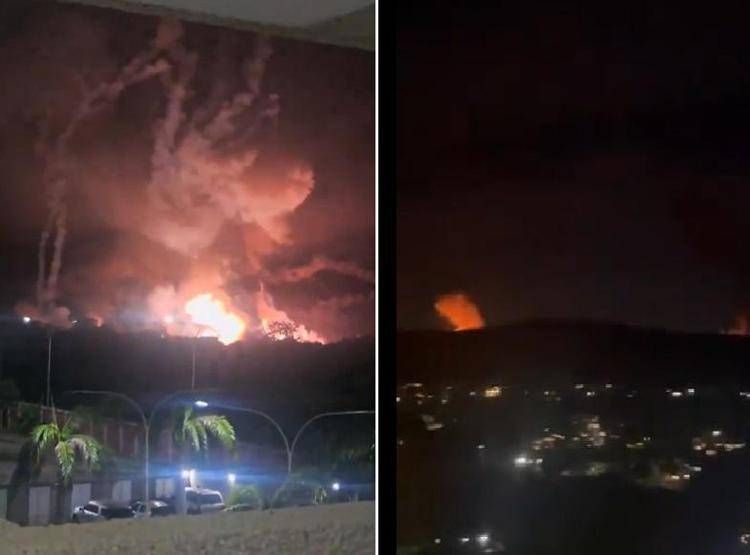

Overnight explosions in Caracas hit military area, widespread power outages reported VIDEO
-


Attacco Usa in Nigeria contro l’Isis, Trump: “Risposta al massacro di cristiani” VIDEO
-
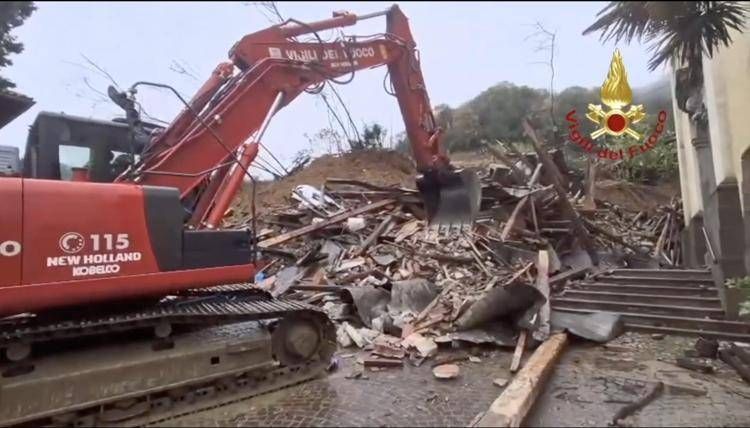

Frana a Cormons: disperso un giovane e un’anziana sotto le macerie VIDEO
The interconnection between Taiwan and Ukraine is increasingly becoming a subject of geopolitical reflection. Taiwan’s role as a world power in semiconductor production, and its dependence on the US, fuels fears of a possible Ukraine-like scenario, with the growing threat from China.
The growing confrontation between China and Taiwan raises international concerns, which find parallels with the situation in Ukraine, which is under pressure from Russia. Although the context is different, many observers see Taiwan’s independence and its democracy as a link to Ukraine’s resistance, both under threat from geopolitical neighbours. Taiwan, with its semiconductor industry, is seen as a natural deterrent against increasing Chinese pressure. Taiwan’s so-called ‘silicon shield’, based on Taiwan Semiconductor Manufacturing Company (Tsmc), is a key strategic asset for the rest of the world, particularly the US.
Donald Trump’s arrival in the White House marked a major turning point for Taiwanese industry, with Tsmc announcing $100 billion in investments in the US. However, this has raised concerns in Taiwan, where some fear that US influence could weaken the island’s sovereignty and undermine the semiconductor industry. Former Taiwanese President Ma Ying-jeou, leader of the Kuomintang, accused the Democratic Progressive Party (DPP) government of caving in to external pressure, describing the sale of Tsmc to Trump as a ‘protection money’ paid to the US.
However, Taiwanese President Lai Ching-te tried to play down these concerns, calling the investment a ‘historic move’ that will strengthen Taiwan’s competitiveness and its international relations. Nevertheless, China has accused Taiwan of exploiting its semiconductor industry to fuel its independence aspirations, with Beijing threatening the use of force to achieve ‘reunification’.
The Chinese attitude towards Taiwan, seen as a ‘rebel province’, clashes with the US policy of support for the island, although Washington does not formally recognise Taiwan’s independence, maintaining its ‘one China’ policy. The affair thus not only fuels the debate on Taiwan’s autonomy but also raises questions about the strategic role of the United States, which could use Taiwan as a ‘bargaining chip’ in its geopolitical alliances.
The tension between the need to defend Taiwan’s independence and the importance of its international alliances remains high. While some observers fear that Taiwan may be sacrificed in favour of a greater balance, others believe that the country is able to resist external pressures due to its economic weight and its semiconductor industry.
THE LATEST NEWS
(Photo: © AndKronos)
-
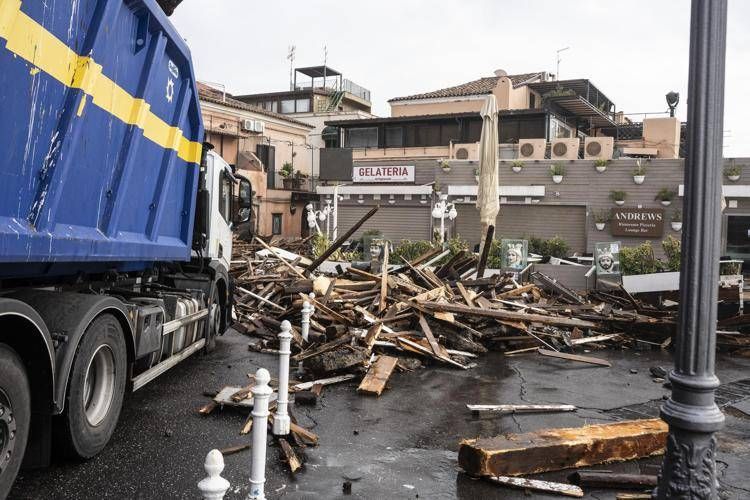
 Meteo10 ore ago
Meteo10 ore agoMaltempo in Sicilia, uragano Harry: verso lo stato di emergenza regionale
-

 News21 ore ago
News21 ore agoLa confessione del marito per omicidio di Federica Torzullo: due scenari al vaglio
-
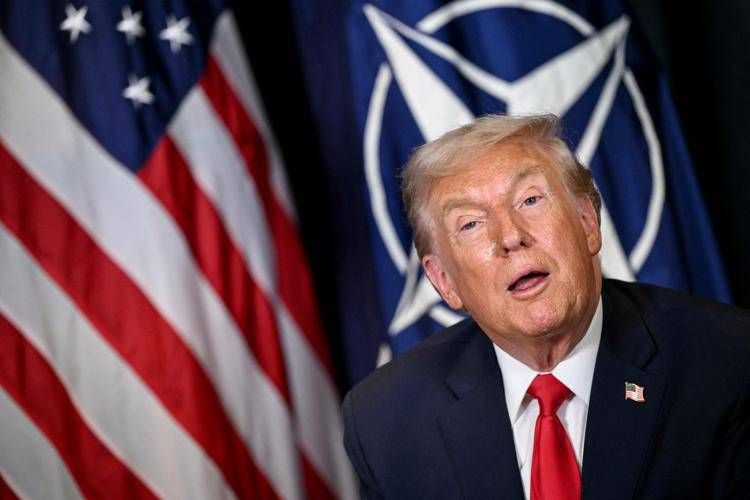
 Primo Piano19 ore ago
Primo Piano19 ore agoAccordo sulla Groenlandia tra Trump e la Nato, stop ai dazi dal 1° febbraio
-

 International-News19 ore ago
International-News19 ore agoGreenland agreement between Trump and NATO halts tariffs from February 1


